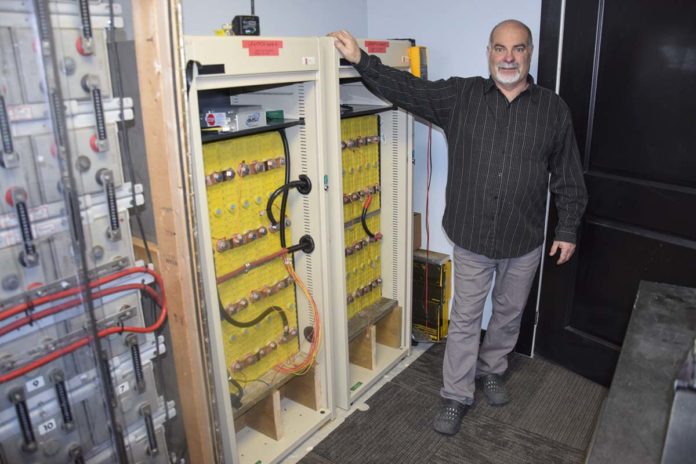Learning as a Community
If you are not aware, the Eco-Hero program is a school-based organization. Our team attempts to lessen our contributions to the climate crisis. Did you know that Manitoulin Secondary School doesn’t lower the school’s temperature, even on weekends, when no one is at the school? Another fun fact is that ‘No Mow’ zones and school gardens improve students’ and educators’ mental health, provide hands-on learning opportunities and help the environment. As we walk through things our school boards and communities can do to improve, think about what you can do to improve where you live and work.
The act of heating homes, workplaces and buildings significantly contributes to CO2 emissions. Many buildings use fossil fuels for heating. Not only is this expensive, it’s also damaging to the environment. Using heating efficiently is a good way to reduce your emissions and bills. Turn down the heat while sleeping, when you are out of the house, or for any rooms not in use. If you are feeling bold, lower the temperature while you’re in the house and awake, and use blankets or sweaters to keep warm. As for alternative eco heating options, try heat pumps or solar heating. These may seem expensive to install but will save money in the future, especially with rising fuel costs.
We talked about food in our last article, but you never can over-state these important topics. Eliminating single-use plastic bags, straws and utensils is a great start, although we can do more than that. It wouldn’t be a huge stretch to ensure there is composting in each school and classroom. This would also provide a learning opportunity around decomposing and would supply school and community gardens with nutrition. Cafeterias tend to have more waste than necessary. Compostable utensils or encouraging students to bring reusable cutlery will reduce the demand for wasteful products. We also encourage you to do this at camps, or if you have an influence on a favourite take-out restaurant.
Talking about these topics, whether it’s to an elder or a child, can help people make more eco-conscious decisions. Schools can incorporate climate crisis and environmental education into their daily curriculum. Talking about the effects of unsustainable fuels and recognizing local invasive species would encourage students to take action. Participating in a community clean-up, using a composter (it could even have worms!), gardening, or even writing letters to the school board and/or government officials are all things that most children can manage with minimal support. Not only will this develop a sense of responsibility, but it will help save our world.



